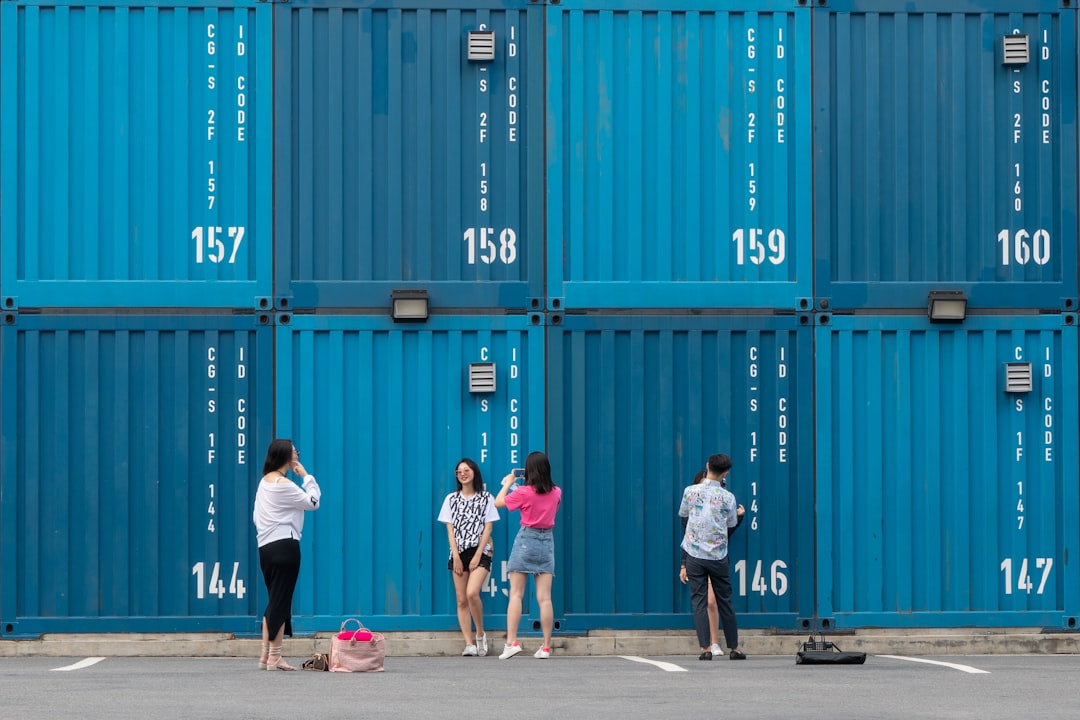Learn how Brazil’s customs compliance program informs effective regulatory strategies for cross-border e-commerce operations in emerging markets.
Introduction
In the rapidly evolving landscape of cross-border e-commerce, regulatory compliance has become a cornerstone for sustainable international trade. As businesses expand their reach beyond domestic markets, navigating the intricate web of international regulations becomes paramount. Brazil, as one of the leading e-commerce markets in Latin America, offers valuable insights into effective regulatory compliance strategies that can be emulated by other emerging markets.
The Importance of Regulatory Compliance in Cross-Border E-Commerce
Cross-border e-commerce presents both immense opportunities and significant challenges. On one hand, it allows businesses to tap into new customer bases, diversify revenue streams, and enhance brand visibility globally. On the other hand, it exposes companies to a myriad of regulatory frameworks, each with its own set of rules regarding taxation, data protection, and customs procedures.
Ensuring Smooth Operations
Compliance ensures that businesses adhere to local laws, which is crucial for avoiding legal penalties, fines, and disruptions in the supply chain. Proper regulatory adherence not only mitigates risks but also builds trust with customers and partners, fostering long-term business relationships.
Enhancing Data Quality and Risk Management
Regulatory compliance in cross-border e-commerce emphasizes the importance of data accuracy and quality. High-quality data facilitates efficient risk management, enabling customs authorities to assess shipments accurately and reduce the incidence of fraud and misclassification of goods.
Brazil’s Programa Remessa Conforme: A Case Study
Brazil’s approach to enhancing regulatory compliance in cross-border e-commerce is exemplified by its Programa Remessa Conforme (PRC), or Compliant Shipment Program. Introduced in June 2023, PRC represents a paradigm shift in how small parcel shipments are managed and regulated.
Key Features of PRC
-
Advance Declaration of Goods: Accredited companies are required to provide detailed information about shipments before they arrive. This includes accurate descriptions, values, and harmonized system (HS) codes, ensuring that customs declarations are complete and precise.
-
Collaborative Partnerships: PRC fosters collaboration between digital platforms, logistics providers, and customs authorities. By sharing data proactively, the program enhances transparency and accountability, making it easier to manage and monitor shipments.
-
Tax Collection and Compliance: The program mandates that taxes are collected at the point of sale by accredited platforms, streamlining the tax collection process and reducing the chances of evasion. This ensures a fairer competitive landscape for local businesses.
Impact of PRC on Cross-Border E-Commerce
Since its implementation, PRC has significantly improved data quality and compliance rates among cross-border shipments. The program has reduced the incidence of split consignments and fraudulent declarations, leading to more efficient customs clearance and increased tax revenues.
Key Takeaways for Emerging Markets
Brazil’s experience with PRC offers several lessons for other emerging markets aiming to strengthen their cross-border e-commerce regulatory frameworks:
-
Proactive Data Sharing: Encouraging digital platforms to share detailed shipment data in advance can enhance customs risk management and reduce delays.
-
Stakeholder Collaboration: Building strong partnerships between government agencies, e-commerce platforms, and logistics providers is essential for effective compliance and enforcement.
-
Adaptive Regulatory Frameworks: Regulations must evolve in tandem with the growth of e-commerce to address new challenges such as digital smuggling and counterfeit goods.
-
Technology Integration: Leveraging technologies like artificial intelligence and blockchain can enhance the accuracy of declarations and streamline customs processes.
How Ripple Marketing Can Help
Navigating the complexities of cross-border e-commerce requires not only understanding regulatory requirements but also implementing effective strategies to ensure compliance. Ripple Marketing specializes in assisting brands to enter and thrive in international markets like China and the UK. Our unique four-phase methodology—Assess, Adapt, Activate, Amplify—ensures that your brand aligns with local regulations, optimizes data quality, and leverages strategic partnerships for seamless market entry.
With our Ripple Framework, backed by a bicultural team and advanced performance dashboards, we provide comprehensive support tailored to your brand’s specific needs. From ensuring regulatory compliance to enhancing your digital presence, Ripple Marketing transforms your cross-border e-commerce operations into a structured growth engine.
Conclusion
Regulatory compliance is not merely a legal obligation but a strategic advantage in the realm of cross-border e-commerce. Brazil’s innovative approach through the Programa Remessa Conforme demonstrates how comprehensive compliance programs can enhance data quality, improve risk management, and ensure fair competition. As e-commerce continues to grow globally, emerging markets can draw valuable lessons from Brazil’s experience to build robust regulatory frameworks that support sustainable international trade.
Ready to expand your brand into new international markets with confidence? Contact Ripple Marketing today and let us guide you through the complexities of cross-border e-commerce compliance.

Leave a Reply